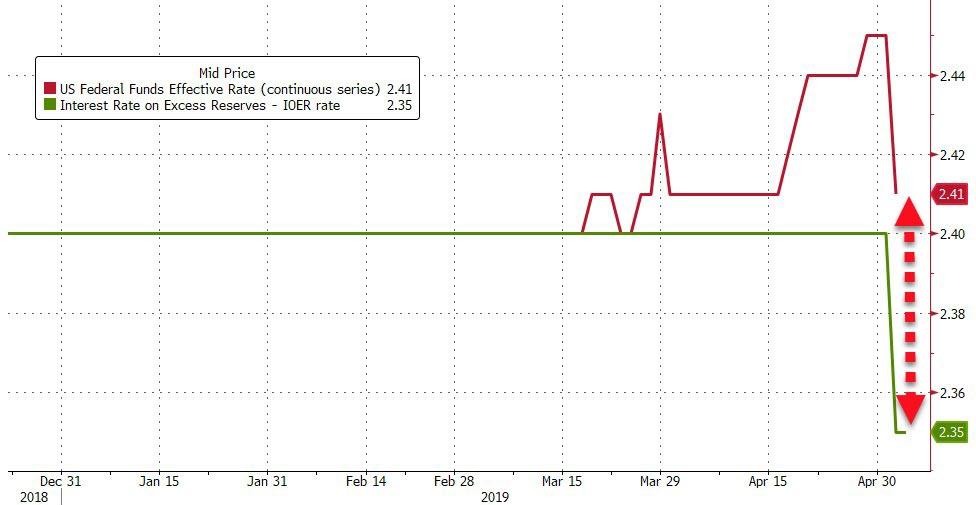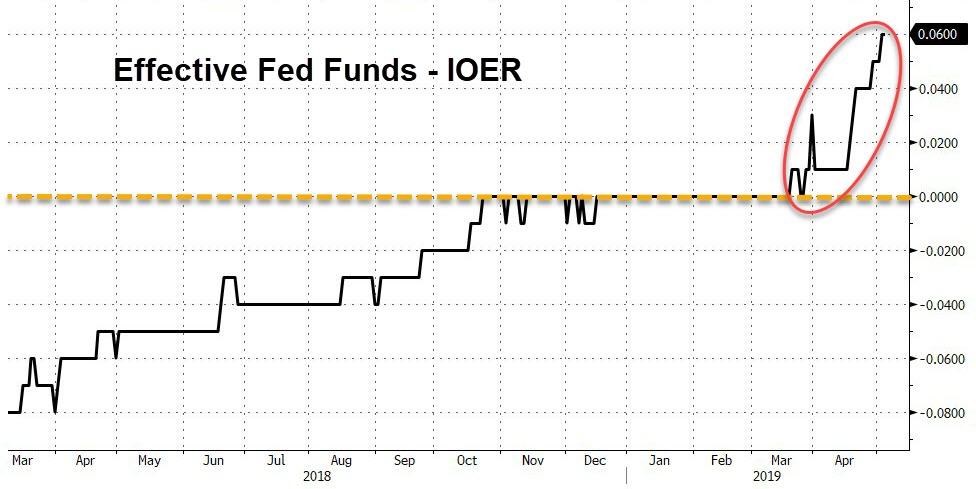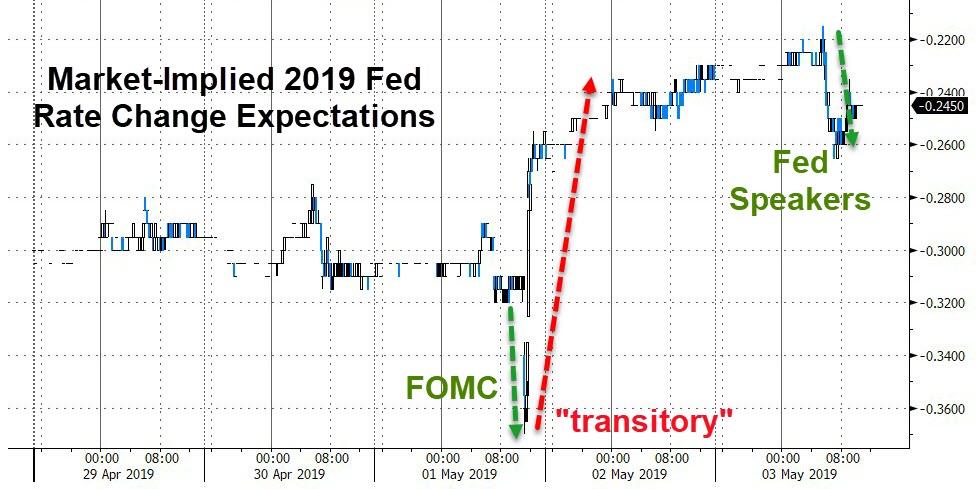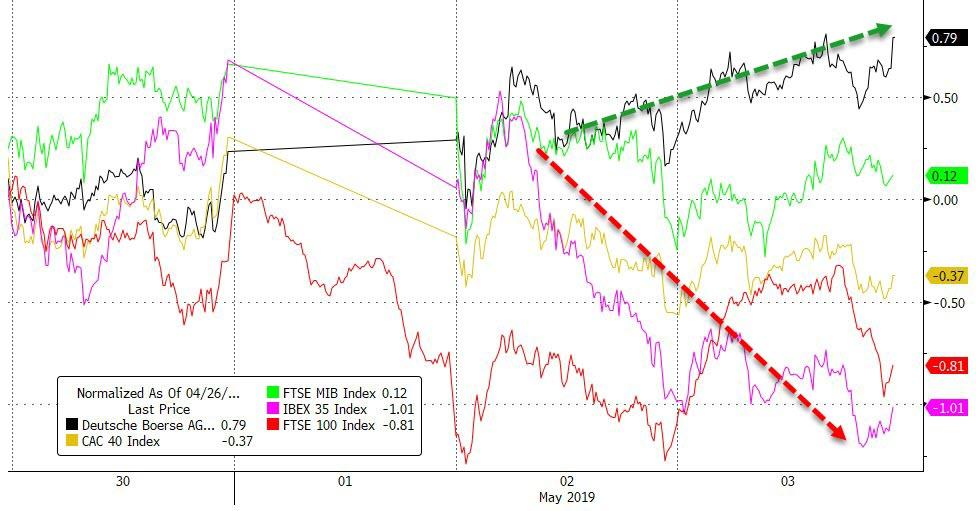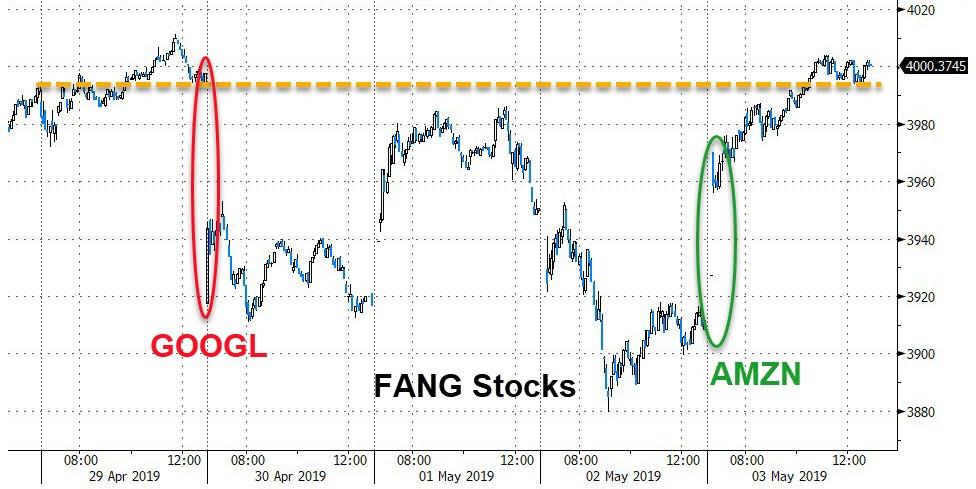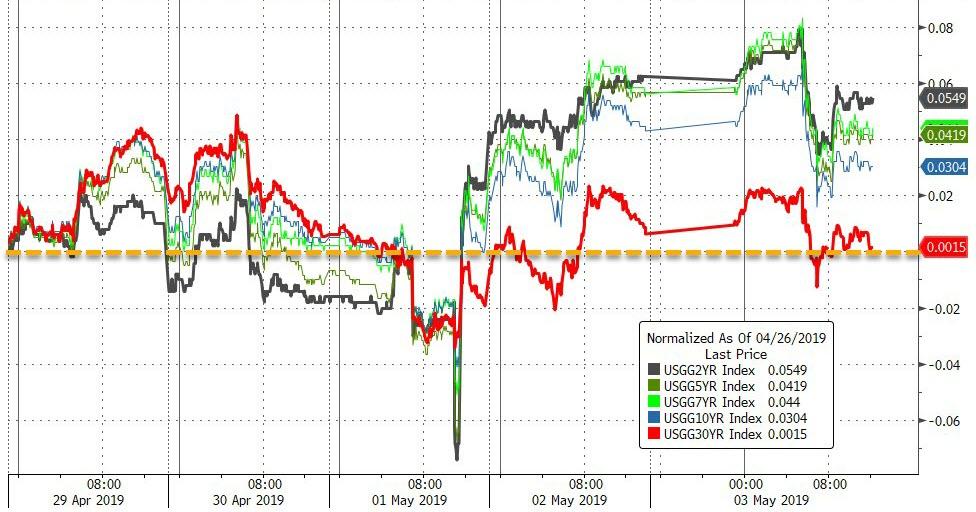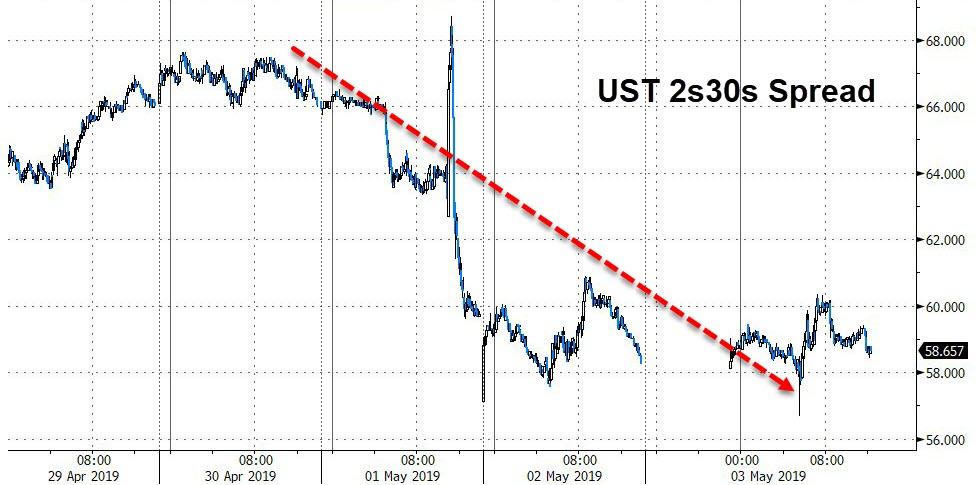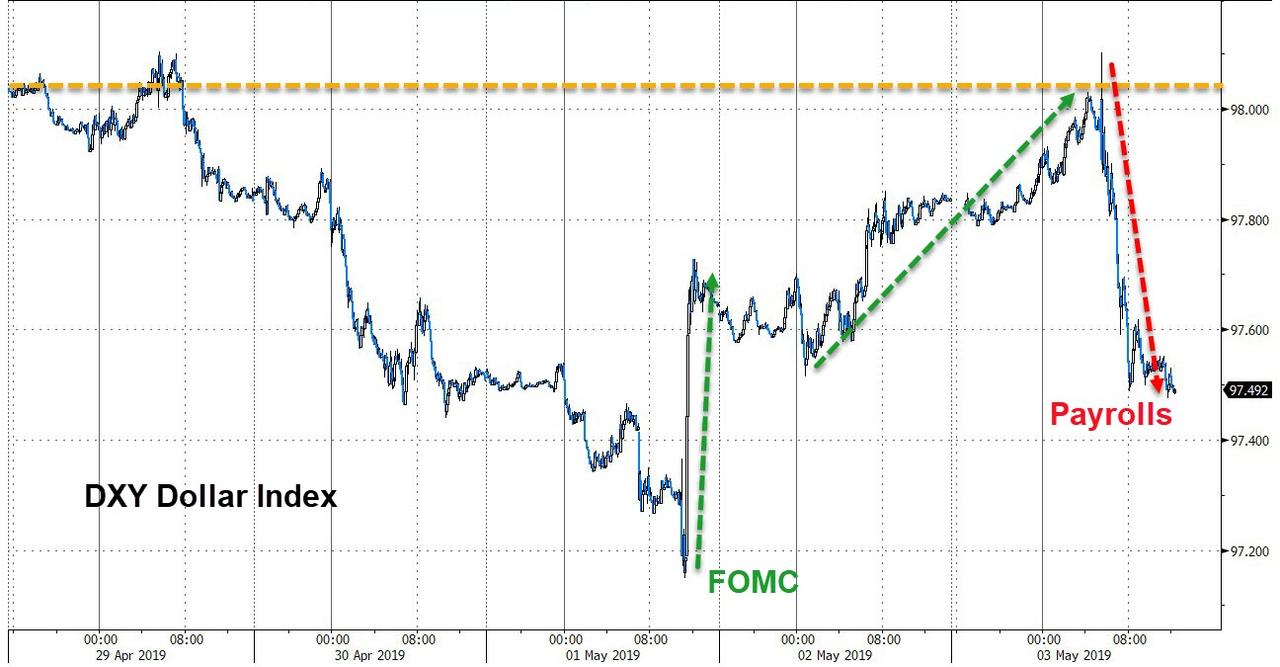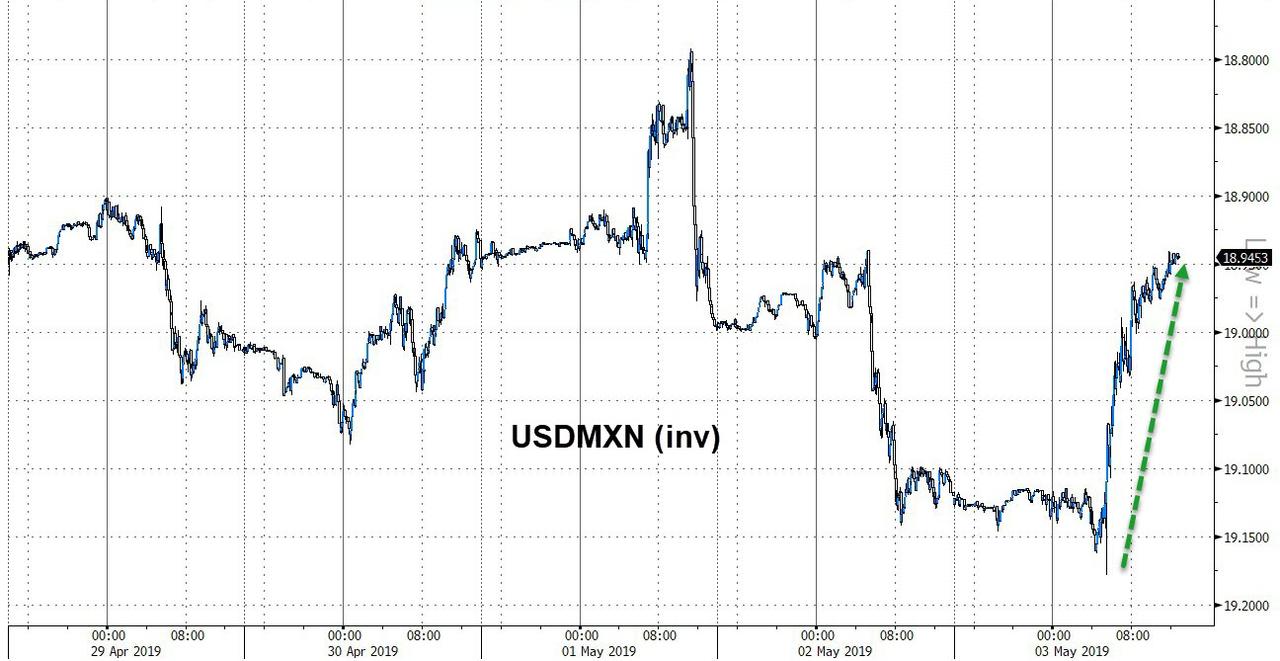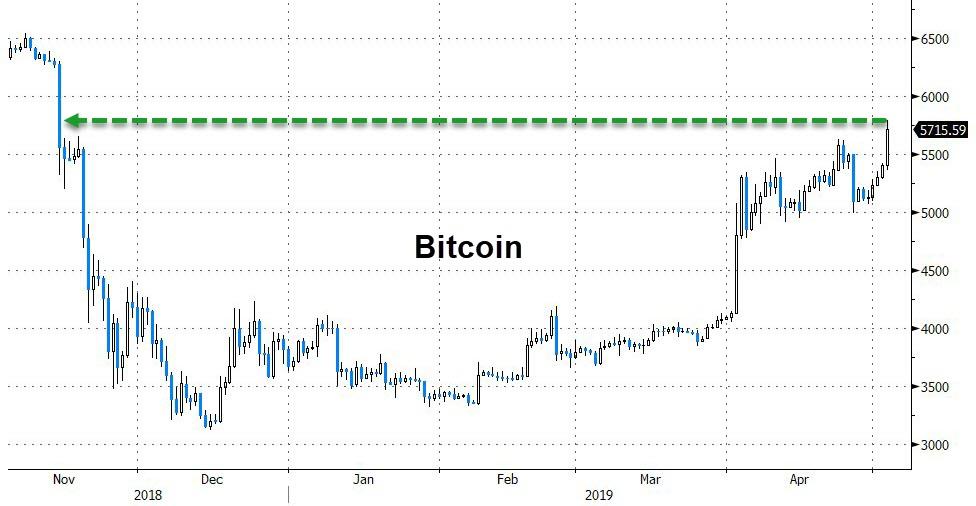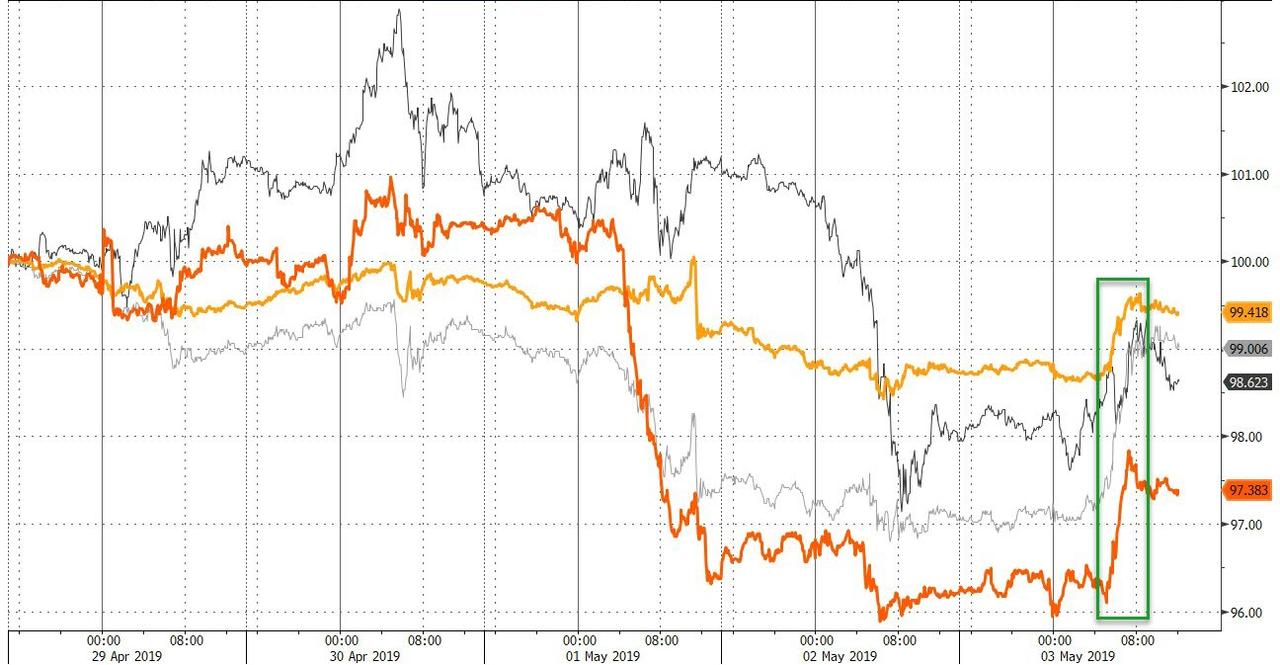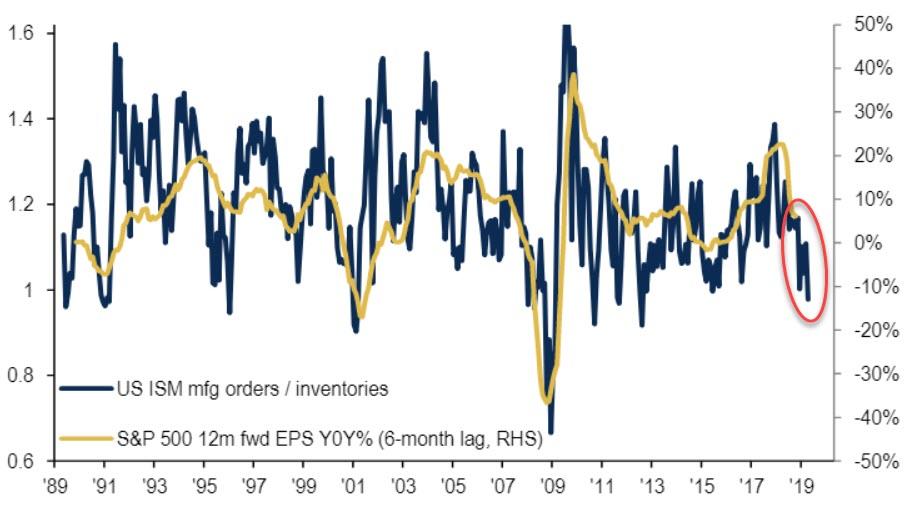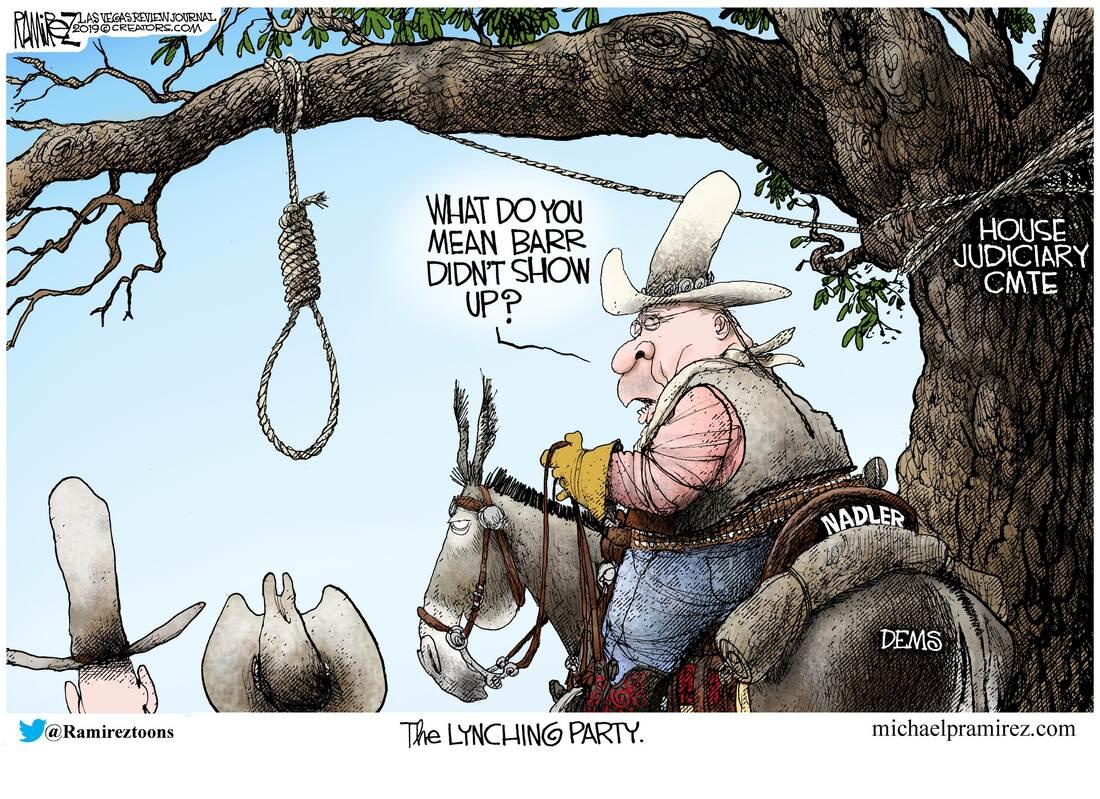Florida, man.
At Reason, we try to keep tabs on what’s happening in state legislature as much as possible. But there are a lot of state legislatures, and as important as their work is, a lot of what gets passed tends to be stuff like naming bridges and designating official state amphibians. When things do get interesting, it’s usually less because legislators operating fruitful laboratories of democracy and more because some kooky lawmaker thinks the death penalty can’t be abolished because Jesus.
But sometimes state legislatures have the capacity to surprise you. This week, it seems like not a day has passed without someone on the Reason staff passing around some bit of news from Tallahassee. The news hasn’t been all good, but an awful lot of it has. When you’re used to being disappointed by elected officials at all levels, what Florida’s done in the past few weeks looks mighty impressive:
School Choice: Possibly the most significant piece of legislation is a new private school voucher program that cleared the state House on April 29 after two days of debate and is now awaiting a signature from Gov. Ron DeSantis. DeSantis is expected to sign it—expanding Florida’s school choice programs was a centerpiece of his campaign for governor last year.
The bill will create a new scholarship program for students from families earning less than $77,000 annually, though lower-income families will have priority if there are more applicants than available scholarships. Families will be able to use those dollars to pay for tuition at charter, private, or religious schools of their choosing; the money will come from the state’s contribution to the student’s assigned school district.
There will be 18,000 scholarships available when the program begins next fall, with 7,000 scholarships added to that total in each subsequent year. And there should be no doubt about the demand. This year, more than 170,000 students sought the 10,000 available scholarships in one of Florida’s already existing school choice programs.
Armed Teachers: Speaking of schools, the Florida House on Wednesday passed a bill to let teachers carry guns in the classroom. The measure is a direct response to last year’s mass shooting at Marjory Stoneman Douglas High School in Parkland, Florida, which left 17 people dead. School districts would have to agree to allow teachers to be armed, and any teacher who wants to carry a firearm on school property would have to complete a specialized training course.
The Second Amendment doesn’t stop at the front door of a school building. And given how poorly law enforcement handed the Parkland shooting while it was happening, it can’t hurt to have an additional deterrent to any would-be copycats.
Criminal Justice Reform: Lawmakers only get half credit for this one, considering what could have been. Crucial sentencing reforms that would have allowed nonviolent felons to be released from prison earlier and that would have given judges the power to ignore mandatory minimums for drug offenders were stripped out of a criminal justice omnibus bill that reached DeSantis’ desk this week.
FAMM disappointed in Florida legislature’s failure to pass meaningful sentencing reform | FAMM https://t.co/KOefymgTdz
— Kevin Ring (@KevinARing) May 3, 2019
Still, the measure does contain some worthwhile provisions, including an amendment that would prohibit occupational licensing boards from disqualifying applicants based on crimes that occurred more than five years ago, unless they were violent or sexual offenses. According to the National Employment Law Project, Florida’s occupational licensing laws have more than 800 disqualifications merely for having a criminal record. Reducing those barriers to finding a job will help former prisoners find work—and studies show that not having a job is the best indicator of whether someone will commit another crime after getting out of prison.
Felon Voting Rights: Now some bad news. Last year, Florida voters overwhelmingly approved a ballot question restoring voting rights to more than 1.4 million people with criminal records. But this week the state legislature sent DeSantis a bill that would prohibit those same people from voting unless they have paid all court fines and fees as well as completed any restitution payments associated with their crime.
That’s a direct rebuke of the will of the voters. It’s also a nakedly political maneuver that will likely keep many individuals who have served their time from being able to participate in future elections.
Needle Exchanges: The Florida Senate voted unanimously this week to let county governments greenlight safe injection site programs modeled on a successful pilot program run by the University of Miami since 2017. Such programs allow heroin addicts to access not only clean needles but also to get tested for AIDS and hepatitis C, and to receive naloxone, which can help treat overdoses. It’s not an overstatement to say this bill will literally save lives.
Hospital Deregulation: If this bill doesn’t save lives, it will certainly improve them. As I wrote this morning, Florida’s hospitals will no longer have to get the state government’s permission before expanding or offering new services if Gov. Ron DeSantis signs a bill that reached his desk this week. That bill overhauls the state’s Certificate of Need regulations—little-known rules that were supposed to hold health care costs down by limiting unnecessary capital expenditures, but often do the opposite. By operating as artificial limitations on the supply of health care services, they inflate costs and reduce access to care.
Telemedicine: If you’re improving health care laws, why stop there? This bill is a bit technical, but it gives health care providers more say in setting their rates for telemedicine services instead of forcing providers to comply with rates set by the state.
Speaker of the House Jose Oliva (R–Miami-Dade) has made health care reform a priority this year. In a session-opening speech in March, he said Florida should do a better job of providing “choice and competition in provider markets.” Repealing Certificate of Need rules are one way to do that, and this is another.
Banning Straw Bans: At least 10 Florida cities have banned one-use plastic straws, but this week the state legislature told them to suck it this week. It passed a bill that effectively nullifies those laws until 2024. The measure is similar to the preemption laws some states have used to keep overly aggressive city councils from banning plastic bags and other useful items. That steps all over local control, but sometimes a state legislature has to be the adult in the room.
The legislation also authorizes the state legislature’s policy commission to study the rationale for straw bans. As Reason’s Christian Britschgi put it earlier this week: “That’s a welcome provision given how often bogus straw stats are cited by legislators and city officials, or even incorporated into the text of straw bans.”
Banning Sanctuary Cities: Other times, stepping all over local control isn’t a good idea. A bad bill landed on DeSantis’ desk this week that would ban sanctuary cities—places where local officials refuse to cooperate with federal immigration officials’ request to detain individuals suspected of being in the country illegally. “The bill would essentially make the ‘request’ a requirement,” says the Miami Herald.
Are two bad laws worth seven decent ones? You’ll have to decide that yourself, but how often does a state even bat above .500?
from Latest – Reason.com http://bit.ly/2UY4QOX
via IFTTT

